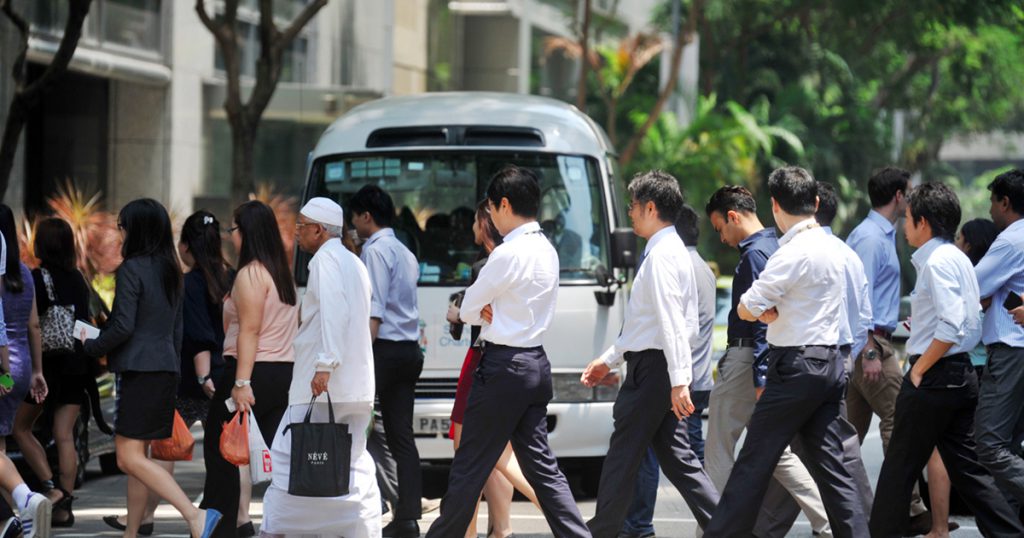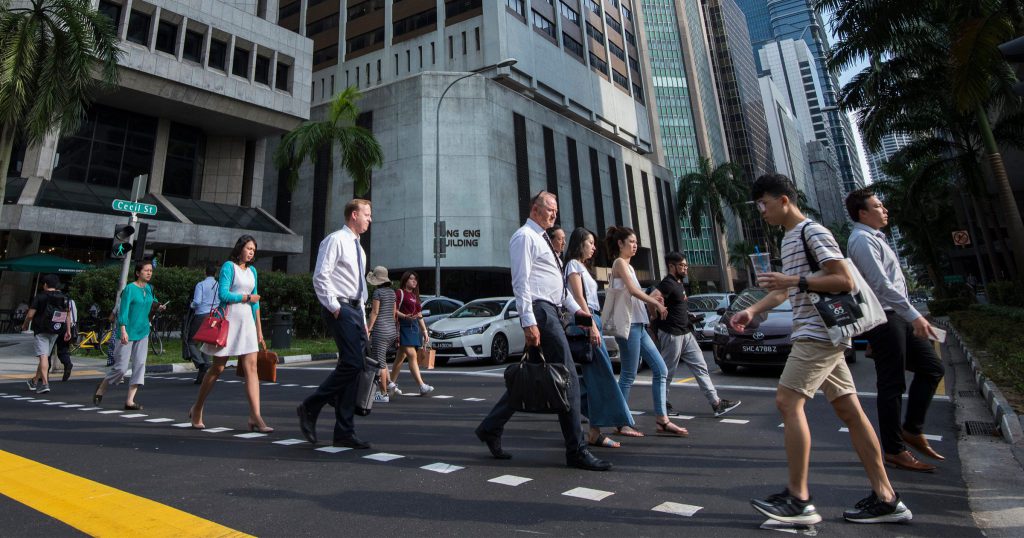Finance Minister Heng Swee Keat announced a $55 billion Resilience Budget today, partly drawing into Singapore’s reserves to help the country tide over these challenging times.
Over one-third of the Budget is dedicated to saving jobs, supporting workers and protecting livelihoods, he said.
Here are the new measures announced to support workers in Singapore:
10,000 New Jobs By 2021
As new graduates enter the workforce with concerns about finding employment, the Government plans to create 10,000 new jobs over the next year.
Many of these new jobs will come from the public sector, and agencies will begin to accelerate hiring for long-term roles in fields such as social services, early childhood education and ICT.
Short-term, temporary jobs will also be created to handle the increase in Covid-19 related operations, such as health declaration assistants, temporary management support officers, and Transport Ambassadors.
This comes along with a new SGUnited Traineeship programme, looking to support up to 8,000 traineeships this year.
Workforce Singapore (WSG) will co-share manpower costs with enterprises that offer traineeships for local first-time job seekers.
Gov’t To Co-Fund 25% Of Wages
“The best way to support our people is by helping them stay employed,” said Minister Heng.
To ensure that employers are able to continue keeping their workers employed, the Government is allocating $15.1 billion to the Jobs Support Scheme.
This will see government co-funding of wages increase from 8 per cent to 25 per cent for all local workers.
Additional support will be directed to the hardest hit sectors. Businesses in food services will receive 50 per cent wage co-funding, while aviation and tourism will get 75 per cent.
The qualifying wage ceiling will also be raised from $3,600 to $4,600, and the scheme will be extended for another two quarters to last till the end of 2020.
Income Relief For Self-Employed People
A $1.2 billion fund will be set aside for self-employed workers, who have “less means and family support”.
They will receive a support of $1,000 per month for nine months through the Self-Employed Person Income Relief Scheme.
In addition, self-employed people can also benefit from enhanced hourly training allowances.
Their hourly training allowances will be increased from $7.50 to $10 from May until December.
Help For Retrenched Low, Middle-Income Workers
To be prepared that some workers may lose their jobs as the impact of Covid-19 deepens, the Government will support low- and middle-income workers who are let go.
From May to September, they will receive $800 per month over three months to help them as they look for new jobs or take up training to be re-hired.
Beneficiaries must have a per capita household income of less than S$3,100 a month, or live in a property with an annual value lower than S$21,000.
Singaporeans who have more urgent financial needs can benefit from the Temporary Relief Fund through SSOs and community centres from April 1.
Early $500 SkillsFuture Top-Up
A one-time SkillsFuture top-up of $500 was announced in the Budget 2020 speech in February, for all Singaporeans aged 25 and above.
It will be moved forward from its original release in October, so that Singaporeans can make use of it earlier from April.
“I hope this will help many more workers, job seekers, and self-employed persons make use of the down time to learn, develop new skills, and stay employable,” said Minister Heng.
Support For Consumer-Facing Industries
Employees in consumer-facing roles are seriously affected as businesses are hit during the Covid-19 pandemic.
As mentioned above, F&B businesses will receive 50 per cent of wage co-funding to keep their workers employed.
Taxi and private-hire drivers will benefit from an additional $95 million fund to enhance the Point-to-Point Support Package.
This will provide eligible drivers with another $300 per vehicle per month until the end of September.
Private bus owners will also get a one-year rebate from road tax to help them ease cashflow.
Featured Image Credit: HR In Asia











